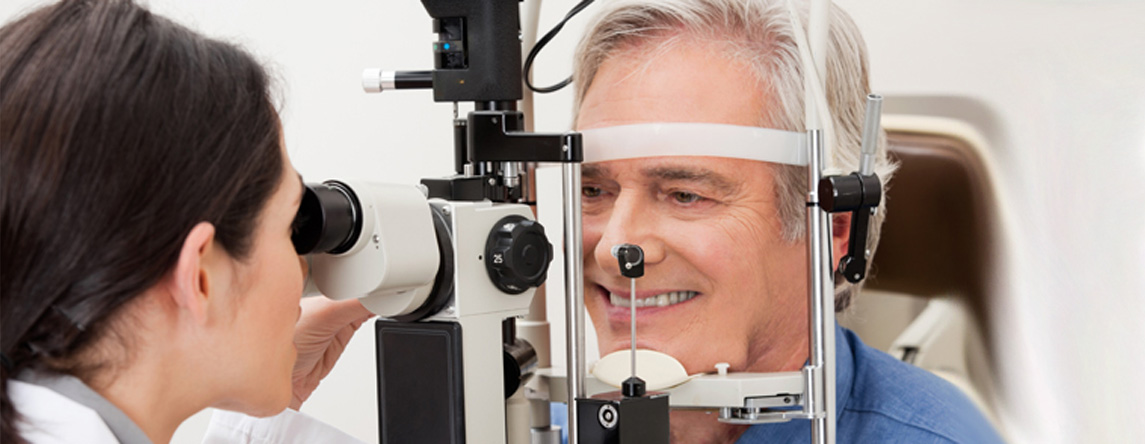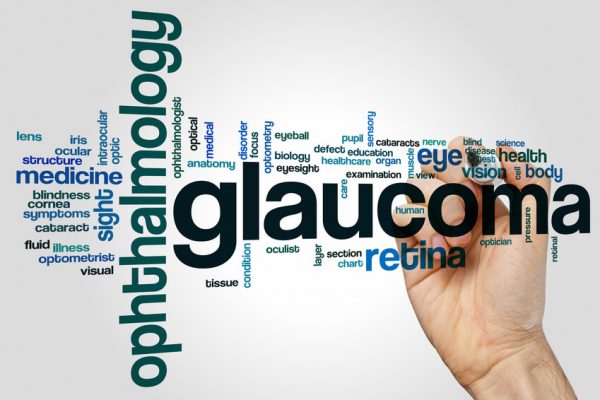Regular checks from an eye treatment Bristol clinic
Age-related eye health problems are a fact of life and unfortunately many eye diseases show no obvious early symptoms.
You should consult an optometrist immediately if you detect any changes in your vision. Regular eye examinations are crucial. We advise annual eye checks to at least a 'Gold Standard' to anyone over the age of 60. General health issues can also affect your vision. If you have diabetes or high blood pressure, both these conditions and certain medications can affect your vision and increase the likelihood of eye-related conditions. If you're unsure about any medication you're taking, consult your GP.
Age-related Eye and Vision Problems
Learning about the most common age-related eye conditions will help you to catch any symptoms early. You should also be aware that some of these eye conditions can run in families. If you’re aware of any family history regarding these conditions, you should advise your optometrist.
Age-related macular degeneration (AMD)
Age-related macular degeneration (AMD) affects the macula (situated in the centre of the retina at the back of your eye) and is a degenerative condition affecting central vision. The macula is essential for perceiving visual detail and colour.
We rely on it for a range of daily activities like reading, driving, using the computer, watching TV and even recognising faces we’ve known for a long time.

Glaucoma
Glaucoma can appear in a few different forms, all characterised by damage to the optic nerve, a collection of around a million single nerve fibres. These fibres transmit visual signals from the eye to the brain, necessary for us to see.
People over the age of 60 are significantly more at risk of developing Glaucoma and racial background can also play a factor. For further information, visit the page here and consider our eye treatment Bristol services if you think you're at risk.
Retinal Detachment
A detached retina means that the retina is torn or separated from its underlying tissue. This condition occurs spontaneously but can be triggered by physical trauma.
Retinal detachment also becomes more likely with health problems such as diabetes or eye-inflammatory conditions and can be devastating if not treated accordingly.
Diabetic Retinopathy
Diabetic Retinopathy affects sufferers of diabetes and is caused by ongoing damage to the tiny blood vessels which keeps the retina healthy. The leaking of blood and other fluids causes the tissue around the retina to swell, meaning normal vision becomes cloudy and blurred.
The longer an individual has had diabetes, the more risk they are of developing this condition, which can lead to blindness.
Cataracts
Cataracts appear as opaque areas over the lens of the eye. They can vary in size and particular location, and often affect vision – cataracts also often develop in both eyes, although the two can differ in severity.
Symptoms include colour perception difficulty and sensitivity to contrast and glare.
Dry Eye
Dry Eye effects over 40% of over 40 year olds in the UK. It’s also hugely underdiagnosed and readily treatable. Our Dry Eye Treatment Bristol clinic offers diagnosis and treatment plans.




